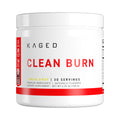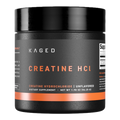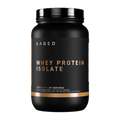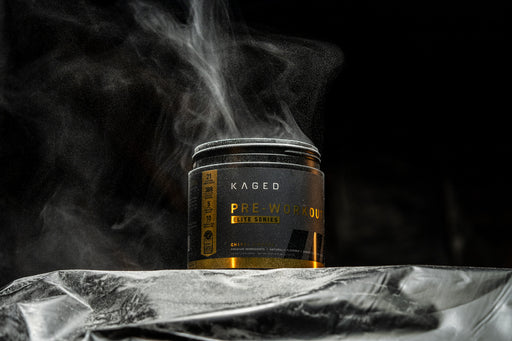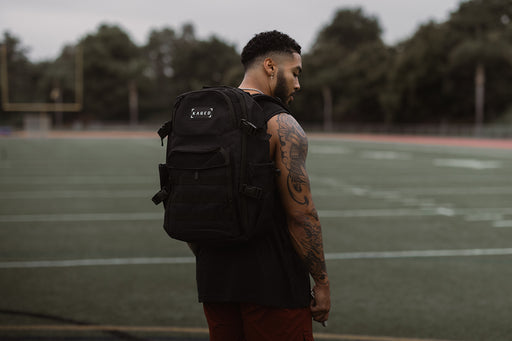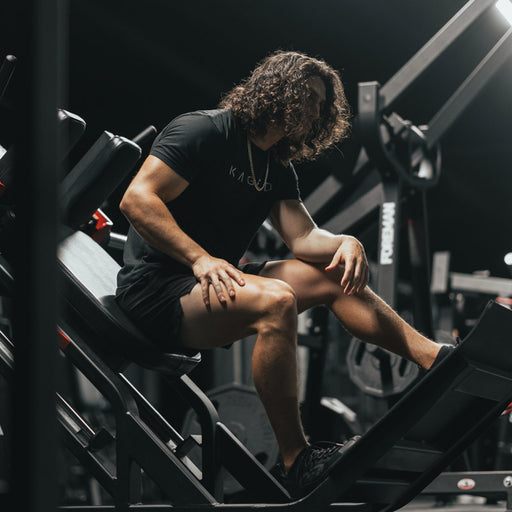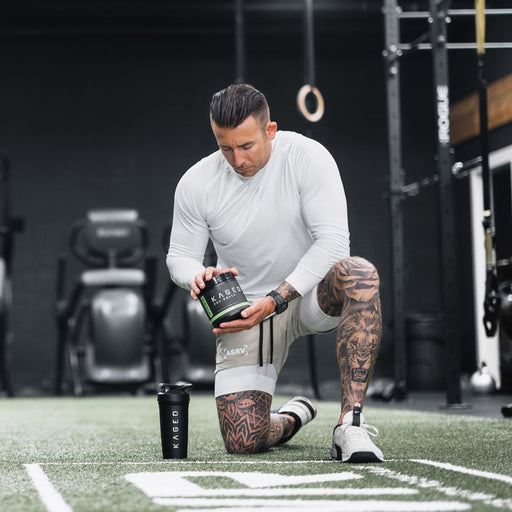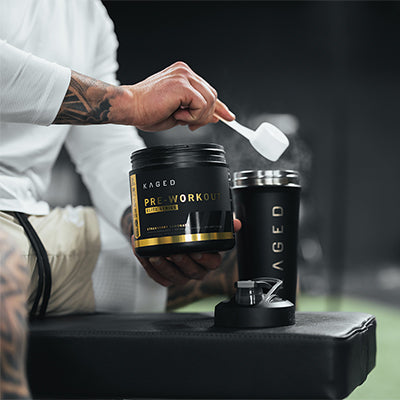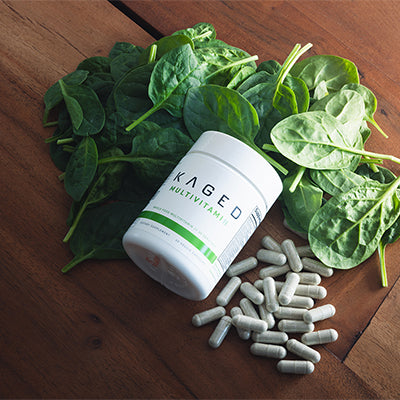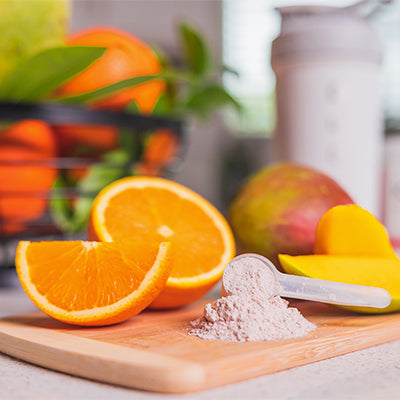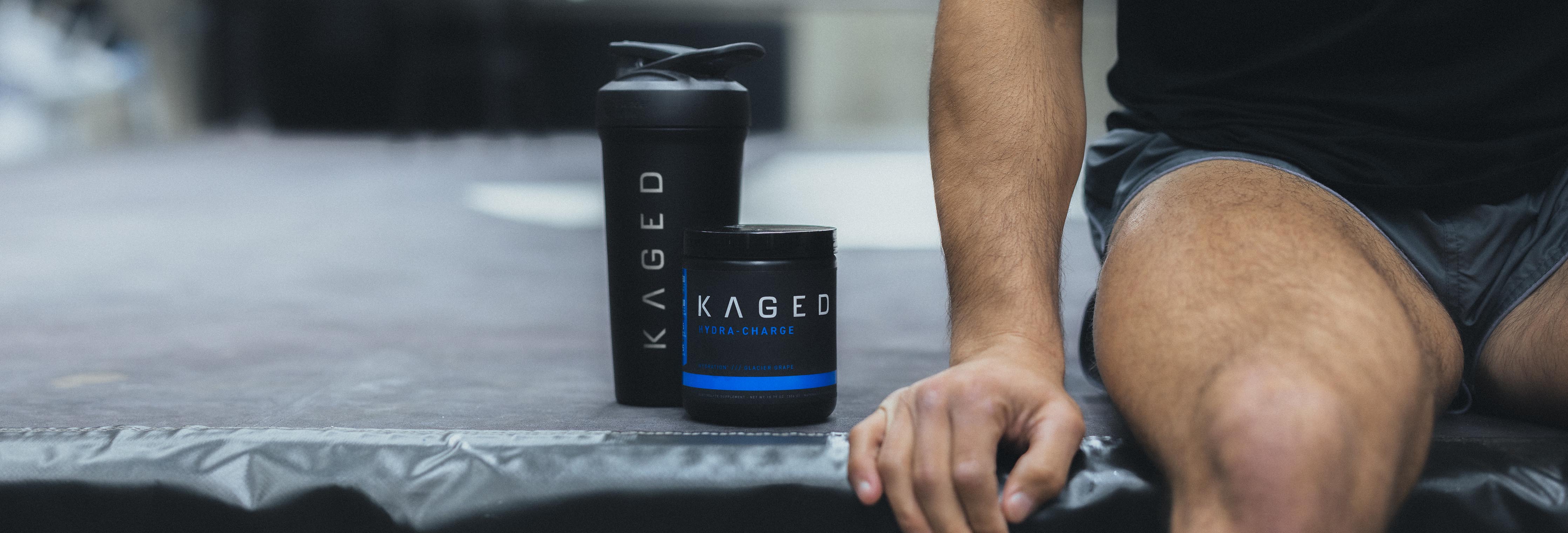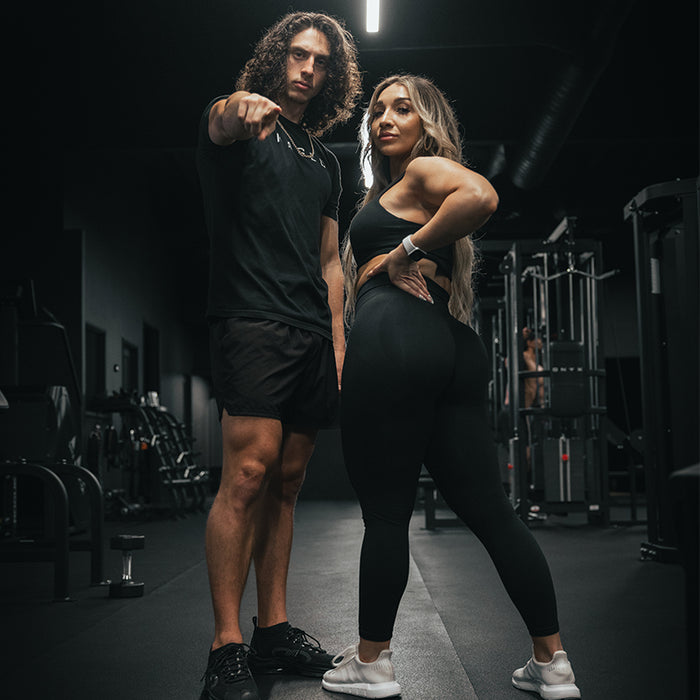Intermittent fasting (IF) has emerged over the last decade as one of the most popular dieting strategies, especially for weight loss.
Unlike most other diets, intermittent fasting is not about what you eat, but when you eat.
What Is Intermittent Fasting?
Intermittent fasting is when you limit your eating window to a certain number of hours.
We all fast in some form. If you finish dinner at 8pm and eat breakfast at 7am, that’s 11 hours of fasting.
IF protocols typically extend this fasting window. One of the most well-researched fasting protocols involves fasting for 16 hours every day. There are also fasting practices that involve longer fasts, from 20 hours a day, to 24 hours of fasting once a week.
From supporting weight loss (possibly by encouraging overall caloric restriction) to providing mental clarity, there are many reasons why people are turning to the ancient practice of fasting.
If you choose to try it, please do so under the supervision of your healthcare provider. Not eating for long periods of time has serious risks. You shouldn't undertake a fasting protocol without professional support.
Note, for today’s article we’re focused on something like the classic 16/8 fasting window, rather than longer fasts.
Some of The Challenges of IF: Where Supplements Can Help
Intermittent fasting has several key downsides and risks.
First, by not eating, you’re encouraging your body to be in a catabolic state. In this state, without adequate protein and amino acids, your body may start breaking down your hard-earned muscle for energy.
Second, since you’re not giving your body fuel, when you go to workout there’s a good chance your energy will be low.
The right supplements will not solve these downsides, as the risk of low fuel and muscle atrophy remain. However, they can support limiting these downsides.

Do Supplements Break a Fast?
Of course, this is one of the most important questions when you’re considering using supplements for fasting. Will it negate the whole point of the diet?
This answer is nuanced.
Certain supplements, particularly those containing amino acids and non-sugar sweeteners, can have an insulinogenic effect. This may negate some of the fasting benefits.
That means with most supplements there’s a tradeoff between the benefits of fasting and limiting the downside.
For example, if you’re worried about muscle atrophy, then amino acid supplements may be worth it for you.
If your energy is low and you can’t train as hard as you need to, then a supplement with caffeine can help you.
In this article, we will explore the 4 best supplements for intermittent fasting and when to take them depending on your priorities and goals. From supporting weight loss and keeping energy up, to preserving muscle mass, we've got you covered.
Best Supplements for Fasting
You’ll notice that this list is similar to what you need during any caloric deficit diet. This is why there’s overlap between this and our list of the best supplements for cutting.
1) Caffeine For Energy*
When you’re intermittent fasting, you may not have the stored energy from glycogen that you need to perform your best.
Caffeine in this respect can help, and a black coffee (no cream or sugar, as this will break your fast) can help keep your energy up. If you need the sweetener, go for a sugar substitute. These can be slightly insulinogenic, but typically not as much as sugar.
If black coffee won’t cut it for you, you can also go for simple caffeine pills. Our Organic Caffeine pills are made from green coffee beans for clean energy.*

If you’re doing intermittent fasting to lose weight, you can take this further and use Clean Burn. Clean Burn contains organic caffeine along with ingredients that boost your metabolism and increase thermogenesis.* It does contain non-sugar sweeteners, so the tradeoff is it will be slightly insulinogenic.

It’s the delicious drink to support healthy weight loss, with less than 1g of sugar.*
When to Take Caffeine During Fasts
The two times it will help you most are during the morning while fasting or during your training session.
2) BCAAs: Reduce Muscle Breakdown*
The branched chain amino acids include three amino acids that our body can’t make on its own: leucine, isoleucine, and valine.
Of these three, leucine has been shown to be most important for reducing muscle breakdown.*
If you’re concerned with losing muscle during your fasting protocol, then BCAAs may help.*
Why Kaged BCAAs?
Some BCAAs on the market are made with cheap, untested ingredients derived from human hair and bird feathers. The Kaged BCAAs are 100% vegan, banned substance tested, and non-GMO.

We use the scientifically tested 2:1:1 ratio of BCAAs (L-Leucine: L-Isoleucine: L-Valine). Remember, leucine is the one best researched to prevent muscle breakdown.*
It comes in an unflavored powder that’s easy to add to any stack.
3) Protein Powder: Help Preserve Muscle*
Once you break your fast, one of the most important nutritional considerations is to get enough protein.
Of course, the majority of this should come from whole foods. Protein powders shouldn’t be a substitute, but a supplement.
Since your eating window is shorter, a protein powder can help you hit your daily protein targets.

Why Kaged Protein?
There are lots of great protein powders out there. We choose only 100% isolate forms, which are more filtered to reduce sugar and fat content.
They’re also backed by our great-tasting guarantee.
4) Electrolytes
Last on our list is electrolytes. This includes essential minerals like sodium, potassium, and magnesium.
They are crucial for hydration and fluid balance. Normally, you can get them from food, especially when you have a diet with various fruits and vegetables.
However, when you’re fasting you won’t get them this way! That’s why supplementing with electrolytes can help.

We have a delicious electrolyte drink, Hydra-Charge, that has 5 key electrolytes and less than one gram of sugar. It does have non-sugar sweeteners, which has a slight insulinogenic effect. So again, it depends on your priorities.
However, you don’t want to neglect electrolyte intake. As a substitute, you can add a pinch of himalayan salt to your water jug. This won’t break your fast and can help you get in trace amounts of sodium.
Final Thoughts on Fasting: Prioritize Your Diet
As always, supplements do not replace what you eat, they supplement it. So in the hours when you are eating, focus on whole-food nutrition. Get lots of fruits and vegetables and ample protein. For more ideas for your diet, check out this article on fat-burning foods.
This, whether fasting or not, is more important than any supplements.
Second, you don’t need this whole stack. You may just want to make sure you have caffeine for your workouts, or protein powder to break your fast, or BCAAs around mid-morning with electrolytes. Or, you may choose it all if you’re training hard and fasting.
Last, don’t choose an intermittent fasting protocol without talking to your healthcare provider. Periods of not eating is not something to mess around with, so make sure you have a proper plan and supervision. Supplements do not replace this either.
*These statements have not been evaluated by the Food and Drug Administration. This product is not intended to diagnose, treat, cure or prevent any disease.

